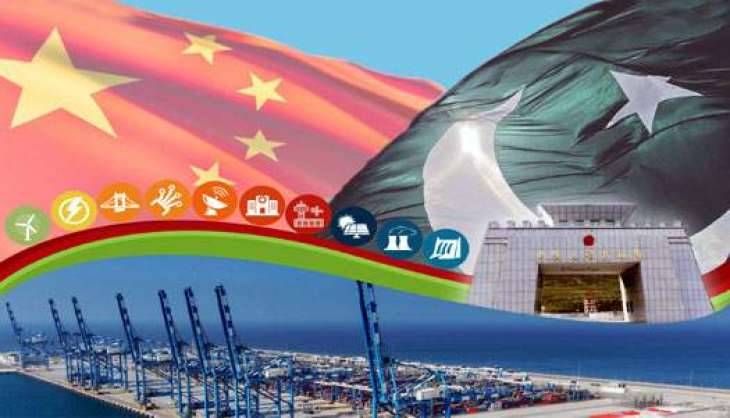Pakistani cities’ security improved in recent years with progress in CPEC: Global Times
Shares

BEIJING: The security in the cities of Pakistan has certainly improved in recent years with the progress in the China Pakistan Economic Corridor (CPEC), a pilot project of Belt and Road Initiative (BRI) launched by China.
Take Peshawar, a city which has been hit by terrorism in northern Pakistan. The security has certainly improved in recent years with the progress in the CPEC, according to an article published by Global Times.
Local people know that terrorism would stand in the way of Belt and Road projects, so they consciously resist the designs of anti-social elements, leading to a reduction in incidents of terrorism.
In northern Myanmar, the construction of the China-Myanmar Economic Corridor under the BRI has seen a marked improvement in security as the importance of peace and stability in facilitating the project dawns of the people.
The fact is that the BRI is a geo-economic rather than geopolitical construct and has nothing to do with geopolitics in form or content.
China neither has the intention of forming alliances through the BRI nor plans to seek a sphere of influence. China seeks partners, not allies, in implementing the initiative. The opponents are grossly mistaken in regarding the initiative as a geopolitical concept.
Some in the West call the BRI China's Marshal Plan. They are two different things that are not comparable.
The Marshall Plan was an American initiative providing aid to West European countries with the political motivation of containing the spread of Communism at the start of the Cold War.
In sharp contrast, the BRI is more about investment. Countries of different political systems are welcomed to participate and it doesn't aim at a military alliance. The significance of the BRI as a geo-economic concept lies in that it can help solve development problems some backward regions are grappling with and provide them enabling conditions for the same.
Japan and China have agreed to step up cooperation in infrastructure projects in third countries. Some Western countries such as Britain are eyeing closer cooperation with China under the BRI.
The initiative is open and inclusive; the more participants it draws in, the more secure and healthier its development. It will serve as a platform to step up cooperation among major powers.
In short, the BRI is a promising mechanism for economic cooperation, a new tool for managing security and a platform that can be used to explore more major-power cooperation.
APP
